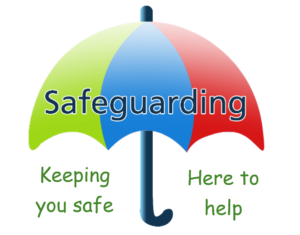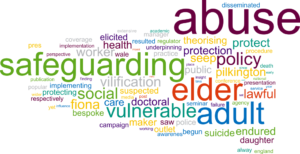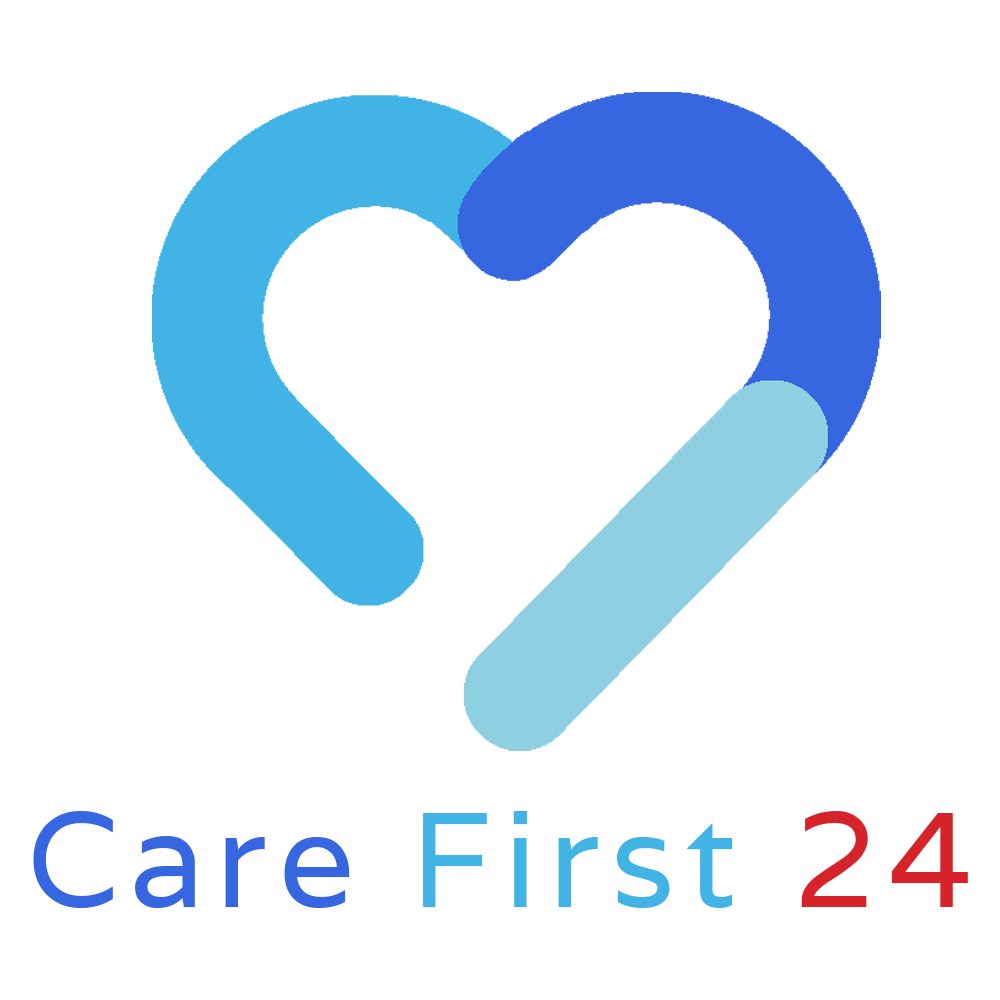
Safeguarding encompasses the crucial task of protecting the health, well-being, and fundamental human rights of children and vulnerable adults, shielding them from harm, abuse, and exploitation. A robust safeguarding policy is essential for any business working with these groups, outlining practical measures to mitigate risks and ensure their safety.
Safeguarding Children and Child Protection
Every child, irrespective of age, disability, race, or other factors, deserves equal protection from harm. Hence, organisations engaging with children or vulnerable adults must establish comprehensive safeguarding policies and procedures. These measures entail rigorous vetting processes to ascertain their suitability for working with children and vulnerable adults.
The overarching goal of safeguarding is to create environments where children are shielded from potential threats posed by adults or peers. Child protection, an integral aspect of this process, focuses on identifying and addressing instances where children are at risk of or are experiencing significant harm.
Safeguarding Vulnerable Adults
Similarly, safeguarding extends to vulnerable adults who are at risk of harm, ensuring their right to live free from abuse and neglect. It involves collaborative efforts among individuals and businesses to prevent and address instances of abuse while prioritising well-being, including regarding their views, wishes, and feelings in deciding on any action.
The Principles of Safeguarding
Empowerment: In all health and home care settings, these principles guide safeguarding practices: By supporting individuals in making informed decisions and obtaining consent
Prevention: Taking proactive measures to avert harm before it occurs
Proportionality: The least intrusive response appropriate to the risk presented
Protection: Providing support and advocacy for those most in need
Partnership: Collaborating with local communities to develop tailored solutions
Accountability: Ensuring transparency and responsibility in safeguarding endeavours

Individuals at risk due to conditions such as dementia, learning disabilities, or mental health issues require special attention within safeguarding frameworks. Moreover, adults at risk, such as those receiving care in their own homes, people with physical, sensory, and mental impairments, and those with communication difficulties, who may not be able to alert others, face heightened vulnerability, emphasising the need for vigilant monitoring and support.
Key Components of Safeguarding in Health and Social Care Settings
Providers of health and social care services play a pivotal role in safeguarding vulnerable individuals. Key elements of effective safeguarding in these settings include:
○ Engagement with the Safeguarding Adults Board
○ Establishment of up-to-date policies and procedures
○ Clients who understand safeguarding help shape responses to it
○ Designation of a Safeguarding Lead
○ Ensuring a well-trained workforce
○ Clarity on reporting procedures and channels
○ Emphasis on prevention, education, and advocacy
DBS Checks: A Crucial Component
DBS (Disclosure and Barring Service) checks are standard procedures for individuals working or volunteering with children or vulnerable adults. These checks help employers verify the suitability of applicants for regulated activities, ensuring they have not been barred due to criminal offences or other disqualifying factors. The DBS is a vetting service that searches the applicant’s name and personal details against criminal records and other sources, including the Police National Computer.
At Care First 24, we are deeply committed to upholding the principles and responsibilities of safeguarding across all aspects of our home care provision, ensuring children, young people, and adults, are holistically, consistently, and conscientiously applied to the well-being of all.
Thank you for taking the time to read our Safeguarding Blog. If you would like to discuss any element of this blog or enquire about our services, please contact 01732 790001, or email at [email protected]. Visit our website: www.carefirst24.co.uk


